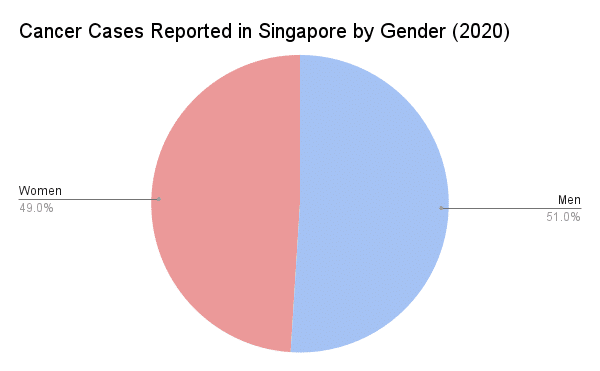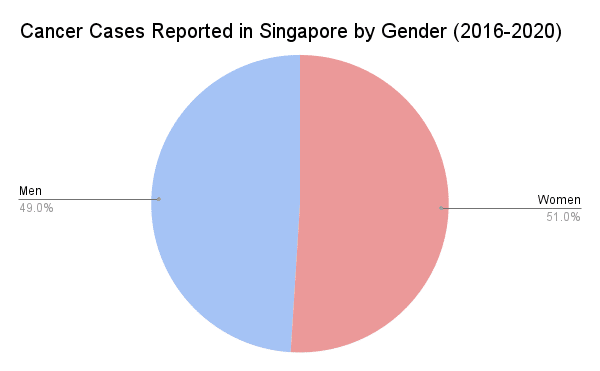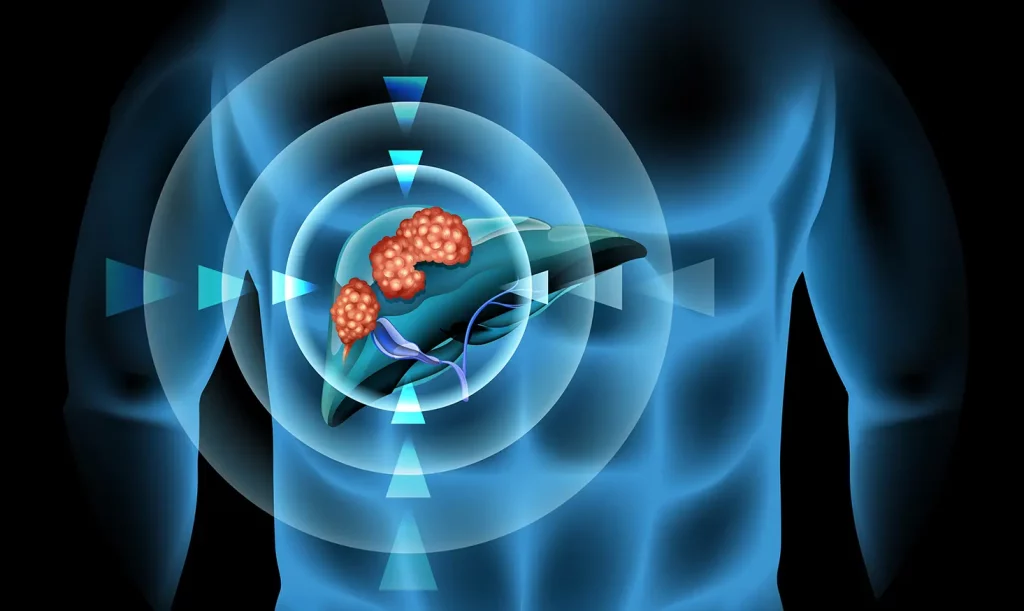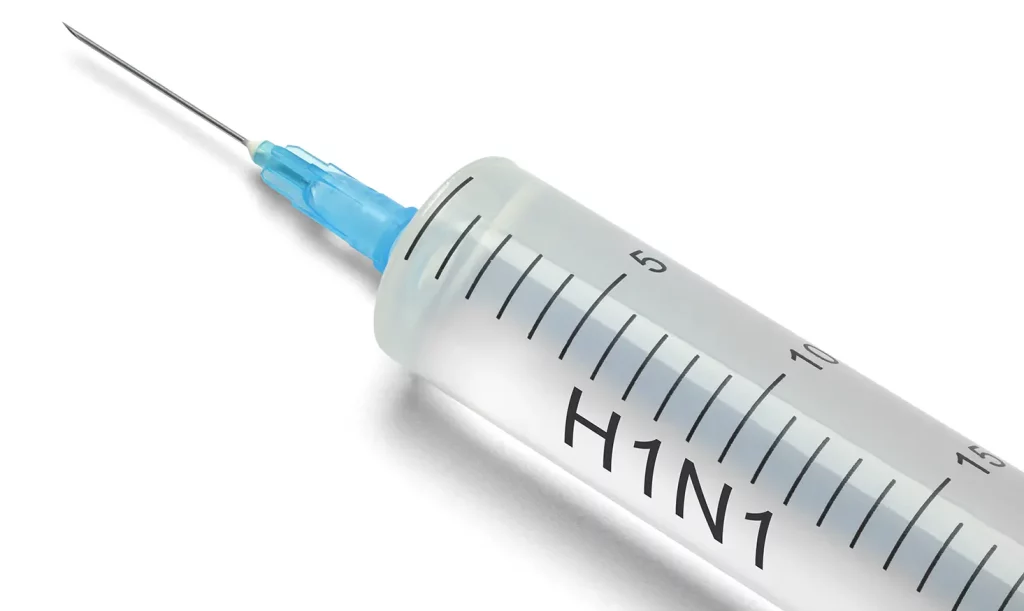Share This:

Regularly exposing your skin to ultraviolet (UV) radiation, whether from direct sunlight or artificial sources like tanning beds, can cause harm and increase your chances of developing skin cancer.

| Men | % in 2020 | Women | % in 2020 |
|---|---|---|---|
| Lung | 15.4 | Breast | 25.8 |
| Prostate | 15.1 | Colorectal | 9.9 |
| Colorectal | 11.4 | Lung | 8.8 |
| Stomach | 7.7 | Cervix uteri | 6.9 |
| Liver | 6.8 | Thyroid | 5.1 |

| Men | % in 2016 to 2020 | Women | % in 2016 to 2020 |
|---|---|---|---|
| Colon-rectum | 16.5 | Breast | 29.7 |
| Prostate | 15.9 | Colon-rectum | 13 |
| Lung | 13.6 | Lung | 7.9 |
| Liver | 7.4 | Uterus | 7.2 |
| Non-melanoma Skin | 5.3 | Lymphoid Neoplasms | 5.1 |
Source: National Cancer Centre Singapore
References:
https://www.cancer.gov/about-cancer/understanding/what-is-cancer#definition
https://www.wcrf.org/cancer-trends/worldwide-cancer-data/
https://www.cancer.org/research/cancer-facts-statistics/global.html
https://www.cdc.gov/chronicdisease/resources/publications/factsheets/cancer.htm
https://www.nccs.com.sg/patient-care/cancer-types/cancer-statistics
https://www.singaporecancersociety.org.sg/learn-about-cancer/cancer-basics/what-causes-cancer.html

At The Cancer Centre (TCC), Dr Wong Seng Weng and his medical oncology team are focusing their expertise on implementing preventive measures, actively conducting screening and providing innovative, targeted treatments for adult cancers, as well as using proven technologies to ensure optimal patient safety and comfort.
Dr Wong, a visiting consultant medical oncologist at Mount Elizabeth Hospital (Novena) and Mount Elizabeth Hospital (Orchard), holds the appointment of Adjunct Clinician Scientist at the Institute of Bioengineering and Nanotechnology in the Agency of Science, Technology and Research (A*STAR). He is also an active member of the American Society of Clinical Oncology, European Society of Medical Oncology and Singapore Society of Oncology.
Share This:
















The Cancer Centre @ Paragon
290 Orchard Road #17-05/06
Paragon Medical (Lobby F)
Singapore 238859
The Cancer Centre @ Mount Elizabeth Orchard
3 Mount Elizabeth #12-11
Mount Elizabeth Medical Centre
Singapore 228510
(by appointment only)
The Cancer Centre @ Mount Elizabeth Novena
38 Irrawaddy Road #07-41
Mount Elizabeth Novena Specialist Centre
Singapore 329563

BOOK AN APPOINTMENT
新加坡医疗集团(SMG)成立于2005年,是一家拥有私人专家供应商网络的上市医疗机构,跨越美学、诊断性影像学与筛查学、肿瘤学以及妇幼保健四大支柱。SMG在新加坡境内拥有40多家诊所,战略性地分布在新加坡中部以及中心地带。而在新加坡外,SMG也于印度尼西亚、越南和澳大利亚拥有业务。在这里了解我们的隐私政策。 在此处了解我们的隐私政策。
